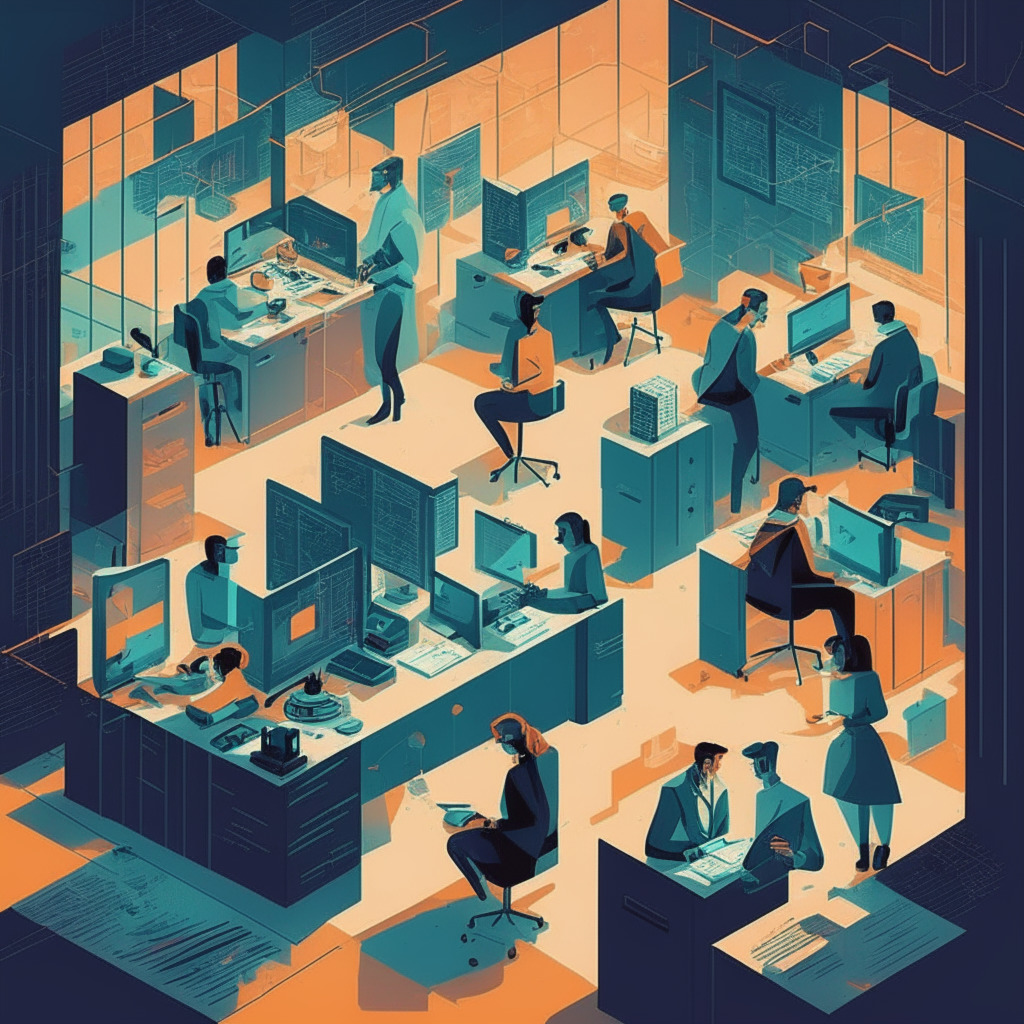IBM has recently unveiled ambitious plans to replace around 30% of their non-customer-facing positions with artificial intelligence (AI) within the next five years. Examples of these “back-office” roles include human resources and accounting departments. The CEO of IBM, Arvind Krishna, expressed confidence in the potential of AI to take over a significant portion of these jobs, pointing to the company’s success in saving over $1 billion in business expenses and maintenance costs through AI-based automation.
There is no doubt that AI can streamline various tasks in these departments, such as issuing employment verification letters or managing employee transfers. However, many argue that certain roles requiring human judgment, such as assessing workforce composition and measuring productivity, are unlikely to be replaced within the next decade.
Despite the promising numbers, the widespread adoption of AI in the workplace has generated conflicting opinions among industry experts and the public. A recent study found that 62% of Americans believe that integrating AI into the work environment will have a significant impact on workers within the next 20 years, sparking concerns about job security.
On the other hand, tech-savvy professionals are more optimistic about the prospects of AI. Blockchain developer Salman Arshad argued that rather than displacing the developer market, AI will serve as a tool to enhance efficiency. Arshad’s perspective highlights the potential benefits of AI in facilitating communications, such as using ChatGPT to transform commands into smart contracts, audits, documents, or white papers.
Similarly, blockchain developer Syed Ghazanfer emphasized the advantage of combining human input with AI automation, such as ChatGPT, to offer greater versatility than a complete shift to AI. Ghazanfer’s observations support the notion that AI can be a helpful tool if implemented responsibly.
However, there are still those who harbor concerns about the impact of AI on the job market. Dominik Schiener, the founder of the IOTA Foundation, acknowledged that while AI might take away certain job opportunities, it could also create new ones. Schiener predicts a future in which humans will be forced to adapt to unfamiliar roles, deviating significantly from their previous jobs.
In conclusion, the potential of AI to replace non-customer-facing roles in the workplace has generated mixed reactions. Undeniably, AI can bring about increased efficiency, cost savings, and innovative solutions. However, the looming threat of job displacement remains a pertinent concern for many. As the discussion around AI and automation continues, it is clear that striking a balance between embracing technology and ensuring job security will be essential. How companies, industries, and society as a whole adapt to the rise of AI will ultimately shape the future landscape of work.
Source: Cointelegraph




